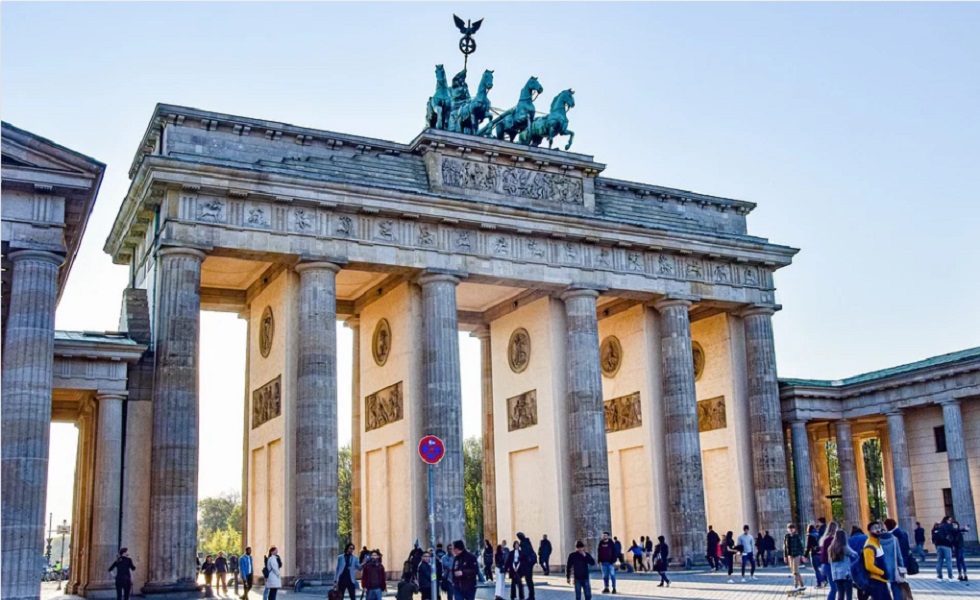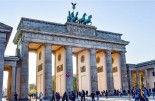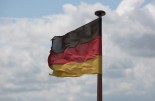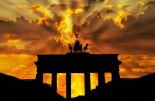Ethenea: Germany has voted, what does that mean for the markets?

By Dr. Tobias Burggraf, Portfolio Manager at Ethenea Independent Investors S.A.
Yesterday evening at 6 p.m. sharp, the polls closed and Germany elected a new Bundestag. The preliminary final results show the SPD with 25.7%, just ahead of the CDU with 24.1%, followed by the Greens (14.8%), the FDP (11.5%), the AfD (10.3%) and the Left (4.9%).
There are many indications that the coalition negotiations will be tough. Never before have there been so many options, rarely have the parties kept their choice of coalition partner so open – a coalition between SPD, FDP and the Greens (so called Ampel coalition meaning “traffic light” due to the colors of the involved parties), or CDU/CSU, FDP and the Greens (so called Jamaica coalition) or grand coalition of CDU/CSU and SPD - everything seems possible at the moment.
At the moment we think a Jamaica coalition is the most likely. The CDU/CSU and the FDP could implement large parts of their economic and financial policy and calm the German middle class by eliminating the spectre of wealth tax once and for all, especially since its feasibility in practice is questionable anyway against the background of the principle of equality.
However, concessions would have to be made in social policy, for example by agreeing on a minimum wage of twelve euros, and at the same time setting much more ambitious climate targets, for example in the form of an earlier exit from the use of lignite. In short: the CDU/CSU and the FDP as the backbone of the German economy, the Greens as climate saviours and green conscience - a win-win situation for all involved.
But a "traffic light" would also be possible. Olaf Scholz has publicly emphasised several times that he can well imagine a coalition with the Greens. However, the left wing of the SPD around Saskia Esken and Kevin Kühnert is not expected to make major concessions to the FDP.
At the same time, Christian Lindner (FDP) never tires of emphasising that there will be no shift to the left with him. How he intends to achieve this in a left-green government remains questionable. The fact that Christian Lindner is intending to take over the office of finance minister is likely to make the negotiations even more difficult. Overall, we see a slight advantage for Jamaica over the traffic light coalition.
We consider a revival of the grand coalition with the CDU/CSU as junior partner unlikely. In case of doubt, after 16 years in government, the CDU/CSU will use the coming legislative period for regeneration in order to be able to fully attack again in four years.
The same applies to a coalition of CDU/CSU, SPD and FDP (so called “German” coalition due to the resemblance of the German flag). The SPD will probably find it difficult to achieve its political goals and raise its profile alongside the Liberals and Conservatives. As things stand, only red-green, red-red-green, black-green and AfD participation in government are ruled out or highly unlikely.
Prospects for the financial markets
And what are the financial markets doing? They are completely unimpressed by the excitement surrounding the Bundestag elections. After the DAX closed around 0.7 per cent lower at 15,530 points on Friday, the futures are trading around 0.60 per cent higher again before the stock exchange opens.
This is probably mainly due to the fact that in the end the red-red-green coalition feared by the economy fell just short. Nevertheless, against the background of the still completely open coalition negotiations, investors should be prepared for more volatile times. Yields on 10-year Bunds have risen sharply in the past week due to the US Federal Reserve's imminent tapering of bond purchases, but here too Bund futures point to little movement. The EUR/USD seems to have found support at 1.17 for the time being.
At present, much speaks in favour of a Jamaica coalition. On the one hand, the intersections between the Greens and the CDU/CSU are greater than between the FDP and the SPD, on the other hand, the SPD no longer has the negotiating advantage after the rejection of the red-red-green coalition and the FDP lacks the threat of a left-wing alliance and thus the justification for a traffic light coalition.
But whatever a government alliance will ultimately look like, one thing is certain - Germany is at a crossroads and the future government will decisively shape the country's future. Almost all parties have taken up the cause of digitalisation and climate change. If the future government manages to set the right framework conditions, both should act as an additional turbo to advance the transformation of the economy and make Germany fit for the future. The capital markets should also benefit from this.






